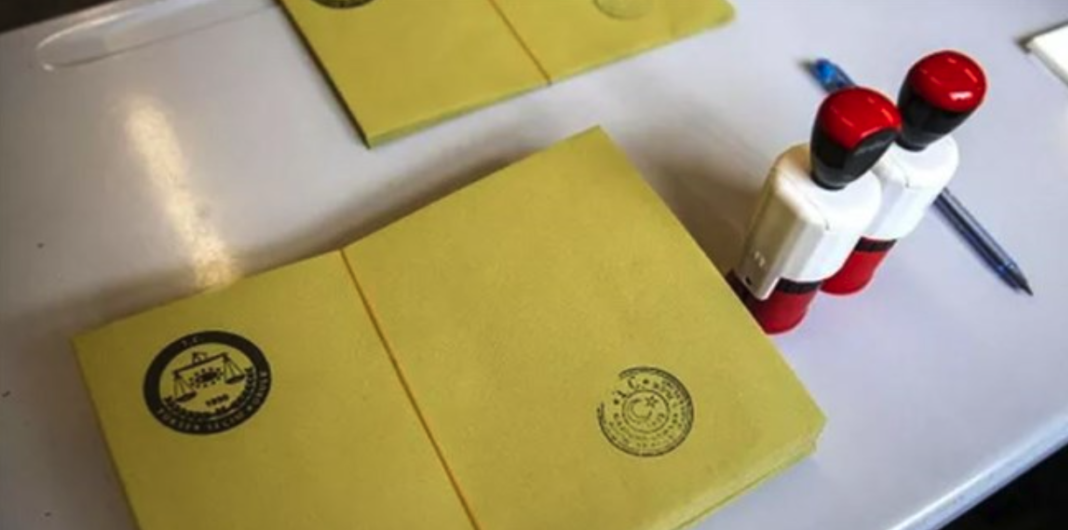A moment of weakness on TV has done nothing for the president’s strongman image in a country already tiring of authoritarian rule. By The Guardian on April 20, 2023.
Turkey’s strongman, Recep Tayyip Erdoğan, is looking a little weaker this weekend after dramatically falling ill on live television during campaigning for 14 May presidential and parliamentary elections. Erdoğan, 69, has ruthlessly wielded power, as prime minister and president, for 20 years. His carefully cultivated image is of a tough, indestructible leader. Yet suddenly he appears frail.
Ministers insist that his illness – he has previously had intestinal surgery – is nothing more serious than stomach flu. He rejoined the fray on Saturday.
Whatever the truth, the episode has added to a growing sense that an authoritarian figure who has come to dominate almost every aspect of Turkish life, personally dictating domestic, security and foreign policy, is due a reckoning – and that it’s time for a change.
The fact that Erdoğan, unusually, is trailing slightly in the polls behind his presidential rival, Kemal Kılıçdaroğlu, head of the People’s Republican party and leader of a six-party opposition alliance, is a sign that the political ground may be shifting. Analysts suggest that Erdoğan’s Justice and Development party and its ultra-nationalist allies may also lose control of parliament, following previous, significant local election defeats in Istanbul and Ankara.
Another potentially election-deciding shift came on Friday when the pro-Kurdish Peoples’ Democratic party (HDP) – whose leader, Selahattin Demirtaş, was jailed seven years ago on spurious terrorism charges – threw its weight behind the opposition alliance. Kurds represent about one fifth of Turkey’s 85 million population. In past elections the HDP, which Erdoğan is trying to ban, has attracted about 10% of the national vote.
Key election issues include the economy. Extraordinarily high inflation and a cost of living crisis are widely blamed on Erdoğan’s mismanagement. Such problems, affecting everyone, could undermine the rural base on which the ruling party traditionally depends. The perceived inadequate government response to February’s earthquakes, which killed more than 50,000 people, and anger over corrupt building practices overlooked by the state, could also sway many voters.
Yet these elections are also about legacy and history, which seem to be catching up with the most powerful Turkish leader since Kemal Atatürk. Constitutional changes pushed through by Erdoğan, giving him sweeping executive powers, mean he is held primarily and personally responsible for the country’s problems. His aggressive efforts to silence independent critics and media have not prevented a rising public backlash.
Erdoğan’s insistence, stemming from his Islamic beliefs, that a woman’s principal role should be child-raising and home-making threatens to alienate younger voters, as well as older, more conservative women who previously welcomed his removal of a headscarf ban but resent his didactic behaviour. About 20,000 mosques have been built in Turkey since he took power – part of his drive to “Islamicise” society and overturn Atatürk’s secular legacy. This, too, may now be backfiring.
Kurdish antipathies are fuelled by memories of a violent government crackdown begun in 2015, ostensibly aimed at supporters of the separatist Kurdistan Workers’ party, proscribed as a terrorist organisation. Thousands of activists were jailed, elected Kurdish mayors deposed. Nor have civil society groups, judges, journalists and public servants forgotten the purges and mass arrests that followed a failed 2016 military coup.
On the international stage, Erdoğan has often angered Turkey’s friends and allies by his interventions in Syria and Iraq, his courting of a fellow authoritarian leader, Russia’s Vladimir Putin, and, most recently, his de facto veto of Sweden’s bid to join Nato. Foreign governments don’t have a vote. But Turkey’s people do. It’s time for a change.

